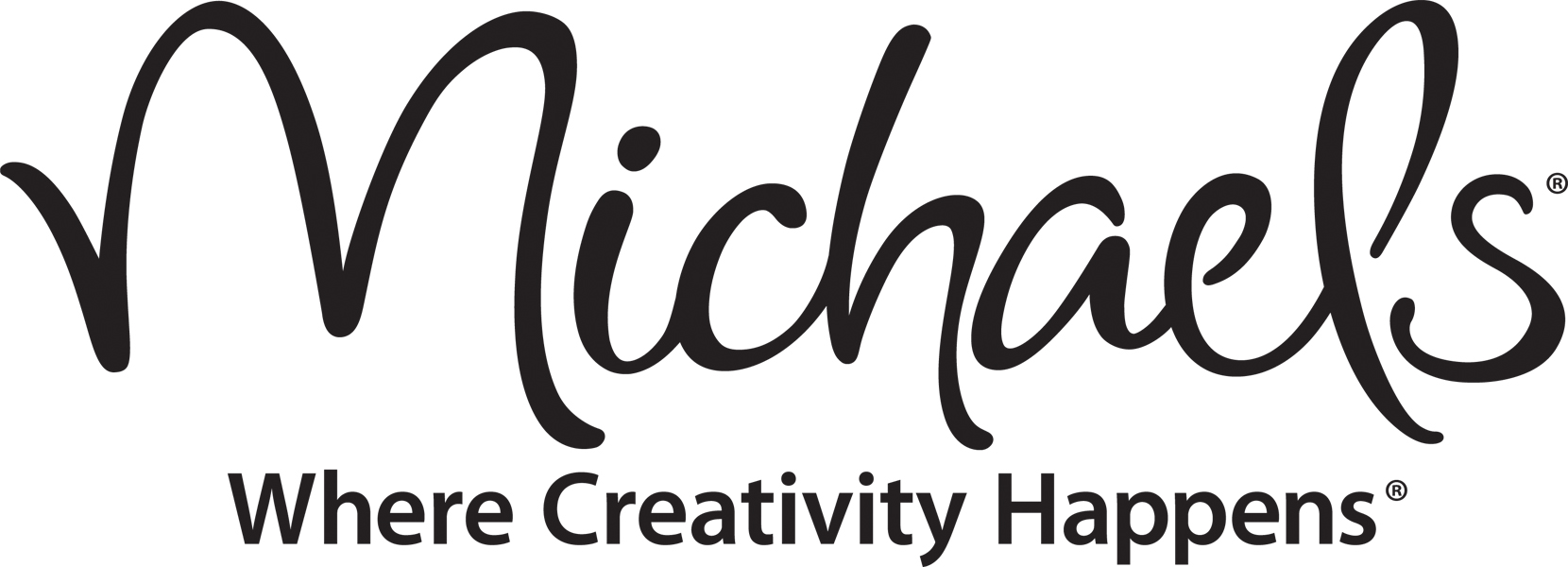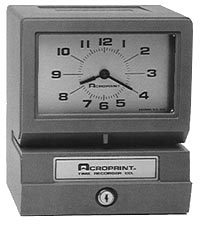 Top Class Action Lawsuits
Top Class Action Lawsuits
Uber Drivers being taken for a ride? Maybe… Uber Technologies got slapped with a class action filed by a Boston cabdriver who alleges the mobile app-based car service routinely violates the Fair Credit Reporting Act (FCRA) by using background checks without applicants’ knowledge or authorization to make hiring decisions.
Filed on behalf of lead plaintiff Abdul Mohamed, the Uber class action claims that by failing to obtain his authorization for a background check and not disclosing that the company would check his background when he applied for a job as an “Uber X” driver, Uber, its wholly-owned subsidiary Rasier LLC and their employment screening agency Hirease LLC knowingly violated fair credit reporting laws in Massachusetts and California in addition to the FCRA.
The lawsuit also claims that Uber violates the FCRA and state credit reporting laws by using background checks in hiring decisions without providing applicants with copies of their reports.
“In direct violation of the FCRA [and state laws], whenever adverse action is taken against an applicant on the basis of information disclosed on a consumer report, the defendants fail to afford the applicants the procedural safeguards mandated by law… including by failing to provide pre-adverse action notices and a reasonable opportunity to dispute information in such reports before taking adverse action,” the complaint states.
According to the Uber lawsuit, Mohamed applied to be an Uber X driver in September, after having previously worked for Uber as an “Uber Black” driver using his own car. Uber told him he must purchase a new car for the position, which he did at a cost of $25,000. Mohamed then began working as an Uber X driver in early October. However, on October 28, Mohamed received an email from Hirease stating that his contract with Rasier was terminated because of information obtained through a consumer reporting agency, the complaint states.
“[Uber and Rasier] terminated Plaintiff because Hirease’s consumer report concerning Plaintiff indicated he had a minor criminal record that, in fact, stems from his seven children receiving much-needed Medicaid benefits,” the lawsuit alleges. “[Uber] termination of Plaintiff deprived him of his livelihood and left him without an alternative means of providing for his family, including his seven children.” Mohamed alleges that despite an email stating he had received a copy of his consumer reports and rights under the FRCA, he did not receive the described materials.
Further, the lawsuit states that Mohamed did not have an opportunity to review the information on his consumer report and discuss it with Uber and Rasier.
As part of its employment screening services, Hirease provides a package that automatically generates pre-adverse action and adverse action notices to an applicant, along with a copy of the consumer report, whenever Hirease makes an adverse hiring decision based on pre-determined criteria.
“Consumer reporting agencies routinely provide a similar service and many employers purchase it,” the lawsuit states. “Uber and Rasier could have easily and cost-effectively complied with the mandates of the FCRA, CCRAA, and MCRA by purchasing such services, but failed to do so.”
The case is Mohamed v. Uber Technologies Inc et al., case number 3:14-cv-05200, in the U.S. District Court in the Northern District of California.
Top Settlements
Dollar General Can’t Cheap Out on Its Staff. An $8.3 million settlement agreement has been approved by a federal judge in Alabama, potentially ending an unpaid overtime class action lawsuit pending against Dollar General. The Dollar General lawsuit alleged the discount retailer failed to properly pay store managers for overtime, in violation of the Fair Labor Standards Act (FLSA). The lawsuit dates back to 2006.
Specific allegations against Dollar General and its subsidiaries and sister companies, are that they required the store managers to work as much as 90 hours per week and misclassified them a exempt from overtime, even though they generally spent less than 10 hours weekly performing managerial duties. The settlement will cover some 2,722 individual claims.
According to the complaint, most of the store managers’ work hours involved non-managerial tasks such as operating cash registers. As a result, Dollar General allegedly short-changed the employees on overtime pay, according to the suit. Dollar General denied that it had misclassified the workers.
U.S. District Judge L. Scott Coogler granted approval of the settlement stating “The court finds that: the amended settlement agreement is fair; it reflects reasonable compromises of issues actually in dispute; the settlement was reached in an adversarial context in which the plaintiffs were represented by competent and experienced counsel; and the totality of the proposed settlement is fair and reasonable.”
The case is Richter v. Dolgencorp Inc. et al., case number 7:06-cv-01537, in the U.S. District Court for the Northern District of Alabama.
Settlement Takes a Bite out of Apple…Final approval of a $450 settlement has been granted ending an antitrust class action lawsuit against Apple Inc. The lawsuit alleged that Apple conspired publishers to raise e-book prices. While all the publishers settled their claims, only Apple went to trial.
The lawsuit was brought by the US Department of Justice and 33 states and claimed that in 2010 Apple signed distribution deals with five top publishers, namely Simon & Schuster Inc., Penguin Group USA, Macmillan Publishers USA, Hachette Book Group Inc. and HarperCollins Publishers LLC, that raised the prices for digital books from $9.99 to as much as $14.99. This resulted in consumers paying hundreds of millions of dollars. In July 2013, Judge Denise Cote ruled that Apple had “played a central role in facilitating and executing” the conspiracy. The company has since appealed that decision to the Second Circuit.
Under the terms of the settlement, consumers will receive $400 million. According to court documents, a claims administrator and e-book retailers have sent emails or postcards to almost 23 million addresses of people eligible to receive compensation.
The settlement contains a provision allowing Apple to pay $50 million to consumers and $10 million each to the states and class counsel if Judge Cote’s 2013 decision finding Apple liable is vacated and remanded on appeal or reversed and remanded with instructions for reconsideration or a new trial. If the decision is simply reversed, Apply will pay nothing.
The cases are In re: Electronic Books Antitrust Litigation, case number 1:11-md-02293, and State of Texas et al. v. Penguin Group (USA) Inc. et al., case number 1:12-cv-03394, both in the U.S. District Court for the Southern District of New York.
Hokee Dokee—Time to adjourn for the week. Happy Thanksgiving!! Gobble Gobble!









